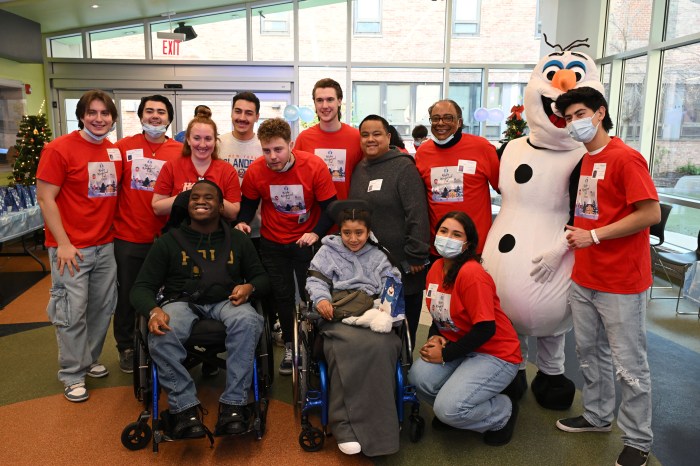Your teen may act “too cool for school,” but the truth is that school is a major source of stress for teens.
According to a survey by kidshealth.org of over 600 teens ages 14 to 17, schoolwork (32 percent), social issues (30 percent) and appearance (25 percent) topped the list of back-to-school worries most cited by teens. Though these issues are complex, there are steps you can take to reduce your child’s (and your own) stress level and enjoy a new start.
The start of the school year marks a time of new subjects, new teachers, and often, different classmates. Transitioning into a new school can be especially difficult. Manage the transition by attacking stressors head on.
First Day Jitters
* Have a back-to-school barbecue so your teen can re-connect with classmates to take some of the first impression pressures off the dreaded “first day.”
* Have your kids and their friends walk through their schedules on campus so getting lost isn’t an issue.
Create a Sensible Pace
* Balance extracurricular activities and even “down time” with your teen’s study schedule.
* Make sure your teen is sleeping enough. The American Sleep Disorder Association says the average teen needs 9.5 hours per day. Weekend sleep schedules shouldn’t deviate by more than one or two hours to maintain consistency.
*Eat breakfast. According to the American Dietetic Association, eating breakfast can upstart your teen’s metabolism, which helps with weight control, mood and school performance.
Academics
* Set goals relative to your child’s strengths and weaknesses. Unrealistic expectations will increase anxiety and may lead to giving up.
* Have your teen take a learning style test to find the most effective way for him or her to study: https://homeworktips.about.com/od/homeworkhelp/a/lstyleqz.htm
* Host study groups at your home (with food) to foster friendships from casual class acquaintances and improve academics.
Feeling Confident
Since appearance figures prominently in teens’ stress list, addressing clothes, hair and skin — relatively “quick and easy” fixes — goes a long way.
Skin: The Catch-22
* Stress causes acne and acne causes stress. “Acne can cause problems that go beyond skin-deep, especially when it affects your social life and even schoolwork,” says Dr. Denise Metry of Baylor College of Medicine. Stress in turn can stimulate oil production and cause more breakouts. So, it’s important to treat acne at its source and break the cycle with a product like Nature’s Cure 2-Part Acne Treatment (see www.naturescure.com). The treatment includes a benzoyl peroxide cream that clears blemishes on the outside and all-natural tablets that work from the inside to fight acne with no side effects.
* Proper skin care makes a difference. Look for daily care systems or kits that will give your teen a routine to stick with. Choose products which have proven acne-fighting ingredients like benzoyl peroxide or salicylic acid for efficacy and botanicals like aloe and chamomile for gentleness and soothing. Make sure anything your teens put on their skin — including moisturizers, make-up and sunscreen — is either anti-acne or non-comedogenic (won’t clog pores).
* Visit a dermatologist if over-the-counter remedies have not alleviated symptoms after a few months.
Your Support Counts
While you can’t eliminate back-to-school stress, you can minimize it. Recognize that your child’s sources of stress are very real to him or her, even if they seem foreign, if not trivial, to you. Regardless, listen to and support his or her concerns and interests. Even if your “too cool” teen doesn’t show it, knowing they have your support makes all the difference.
Courtesy of ARAcontent


































